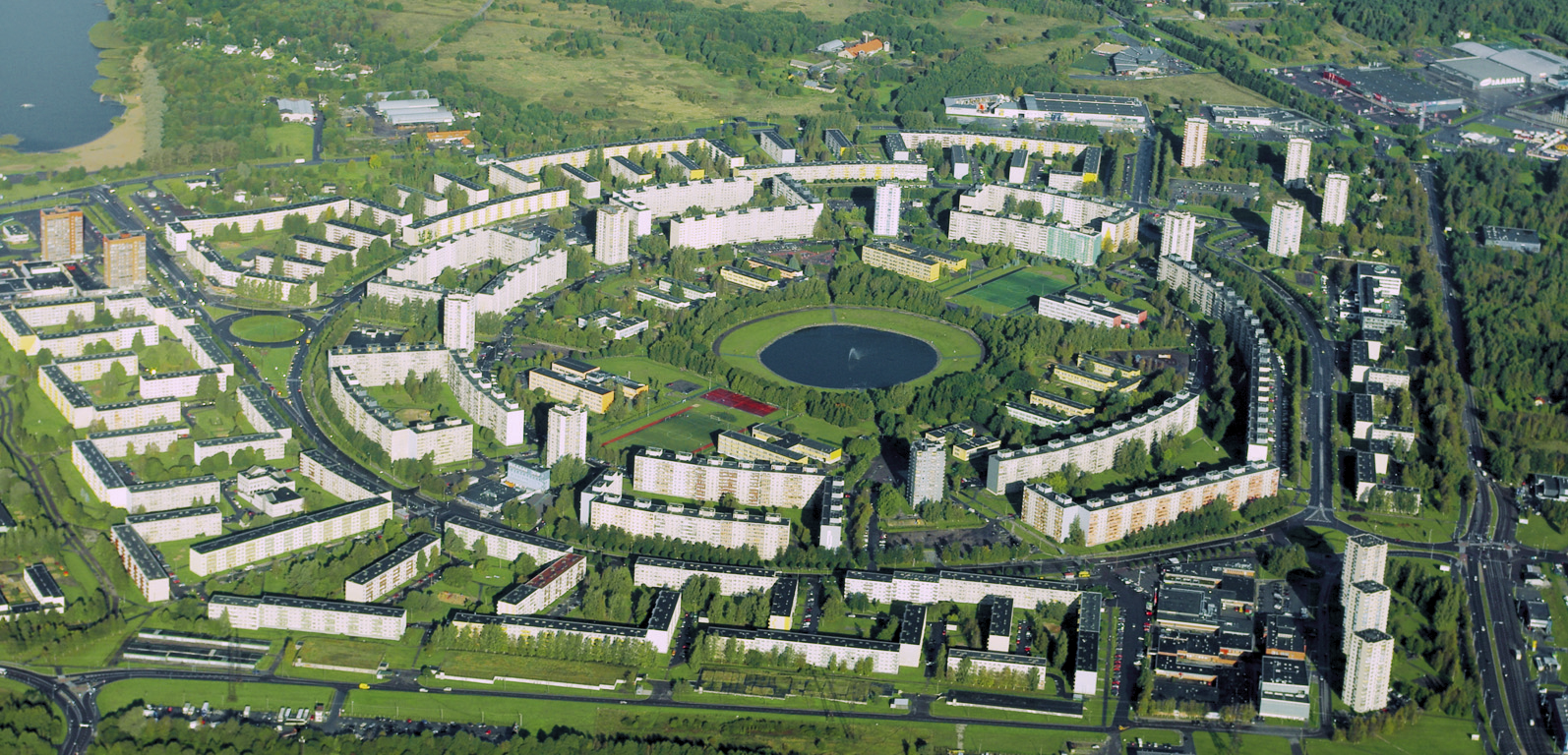
We launched a pilot civil defense project on community resilience in Haabersti
The project will create the foundations for the emergence and further development of a more crisis-ready community in Väike-Õismäe. “The main target groups are members of housing associations and people living in apartment buildings, whose training will result in stronger ties within the community, as well as the provision of basic skills in the field of civil defence and the creation of crisis reserves,” said Anne-May Nagel, co-founder of the NGO Crisis Research Centre. “Even though Väike-Õismäe is home to more than 27,000 people today, there is only one shelter in the whole district (the basement of the Haabersti LOV building) and there is a need for more community-based crisis stocks that can be quickly distributed by the district administration to help people in case of crisis.”
“In recent months, we have also conducted a survey in Väike-Õismäe settlement, according to which, based on the self-assessment, only a tenth of people are prepared to manage without electricity, heating and water for at least a week at the household-apartment level, less than half of the people in the settlement can manage independently for a few days, and almost half of the respondents are not prepared for such a crisis and could not manage without external help. We asked the same question at the level of the housing association, where more than 90% said that these issues had not been discussed at that level. Therefore, the preparedness of housing associations is a priority, especially considering that there are only large apartment buildings in the settlement and the residents are also assessed by the Rescue Board as a vulnerable group in case of more serious natural and man-made crises,” added Elina Šatova, analyst at the NGO Crisis Research Centre.
The project aims to empower the Väike-Õismäe settlement community in Tallinn’s Haabersti area by providing training and purchasing essential crisis supplies. The project team thanks the Haabersti District Administration, Tallinn Municipal Police Department, Estonian Rescue Board, Haabersti Activity Centre, and Väike-Õismäe Community Garden for their assistance and feedback on developing the project.
Photo: aerial view on Väike-Õismäe settlement (Mait Metsur/Wikimedia Commons, 2012).
🟧🟦 The project is financned by the Estonian Ministry of the Interior through the National Foundation for Civil Society.
Jaga postitust:
